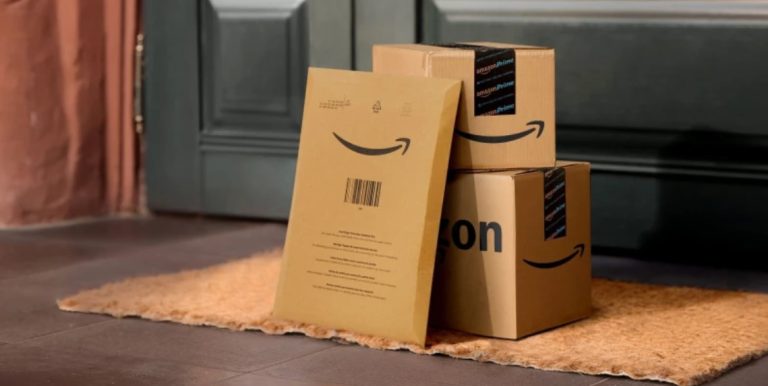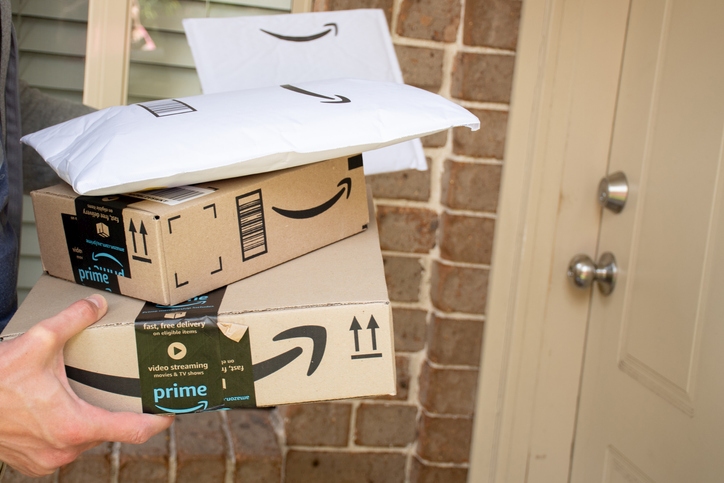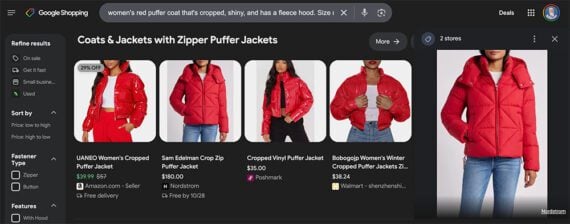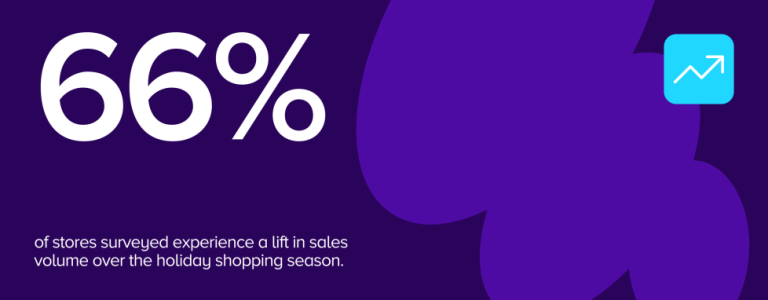
At least 85 to 95 percent of products from Shein, AliExpress and Temu do not comply with European legislation. This is according to an inspection by European market surveillance authorities. Dutch regulators want a joint approach to protect consumers.
Chinese marketplaces are very popular in Europe. For example, Temu was able to achieve a bigger market share (in value) than competitor Shein in France within four months after its launch in the country.
Currently, more than one billion packages a year are imported from China into the European Union through the Netherlands. Dutch market authorities are worried about the amount of packages from these platforms, as it gets impossible to adequately check them all.
Ecommerce parcel flow increases
According to the Dutch Customs, the ecommerce parcel flow in the Netherlands grew from 172 million parcels in 2021, 341 million in 2022 to 718 million in 2023. That increase is expected to continue, to 1.4 billion in 2024. This is about 40 percent of total ecommerce imports into the European Union.
Dangerous products
Along with this huge increase in parcels, there is also an increasing flow of imports of prohibited goods. Of the inspected products (from Shein, AliExpress and Temu), 85 to 95 percent do not comply with European product legislation.
Products from Shein, AliExpress and Temu are often risky for consumers
According to Dutch regulators, these products are often ineffective, risky for consumers or do not work properly. These include toys with loose parts, which are choking hazards for young children. Or electronics that catch fire due to overheating, or cause malfunctions. Banned substances, such as lead, are also often found in these products.
The regulator also looked into whether these products have a representative based in Europe. Many products do not have one, even though it is legally required.
Call for joint approach
Dutch market surveillance authorities and Dutch Customs are calling for a joint approach in checking the parcels coming from Chinese platforms. According to them, all parties in the chain (production, trade and transport) of ecommerce products from outside the European Union, government and buyers must take responsibility. This call has been sent to the Dutch Minister of Economic Affairs.





